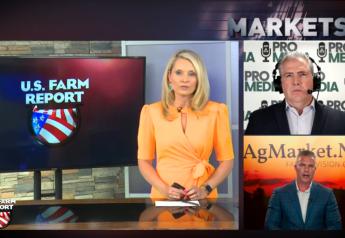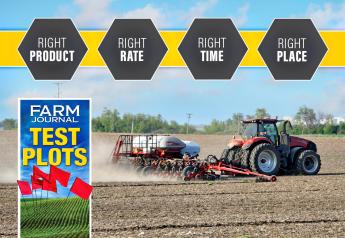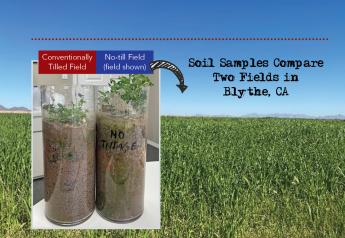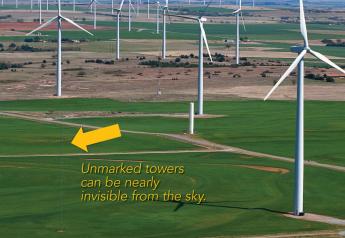John Phipps: It's Now Less About the Supply of Oil, And More About Refining Capacity in the U.S.
U.S. Farm Report 07/09/22 - Johns World
Infuriating price increases are the topic of the day and but like the 80’s rising inflation is driven largely by energy. The price of oil is a huge factor in about everything we buy. Oddly enough, it is now less about the supply of oil, and more about refining capacity.
Refining capacity starts with the number of operable plants, which has been slowly falling for years. The pandemic oil demand plunge prompted the closure of some refineries, especially older, less efficient ones.
Starting up a shutdown plant is a long and difficult process, so industry analysts doubt any of them will ever reopen. Add in a hurricane in Louisiana and an explosion in a Philadelphia plant and our capacity to refine is at an 8-year low. Keep in mind there has not been a new refinery built since the 1970’s in the U.S.
The operating plants are running at historically high levels as well. Now imagine you are an oil executive and your financial staff just brought in the latest profit figures shown here and your neighbor took delivery of a Rivian electric pickup. What possible logic would make you consider building or even upgrading any of your refineries?
Whether we think EVs are the future or not, the oil industry looks at the car industry and sees a future of stagnant if not falling demand. The amount of oil available, and the price, is of course a factor, but it sure hasn’t hurt refiners’ profits, so why do anything other than milk this elderly cash cow as long as possible? The implication for me is it’s hard to imagine gas prices falling much without a pretty stiff recession stifling demand. For that matter, if fuel demand should decline, I think refiners will simply accelerate plant closures. Investors agree and would not reward an oil company building or upgrading for new capacity. The refinery bottleneck also means efforts to increase the oil supply may not have much effect. It’s like getting a bigger combine when your trucking capacity is the problem.
The switch to EVs will not be as rapid as many think, and even less so in rural America, but we’re close enough to the peak of oil demand for transportation at least to have a big impact on long term plans in almost all sectors.
And by the way, I saw my first local Rivian and have neighbors on the list for electric F-150s. At the same time solar panel installations are popping up at farms like waterhemp. High energy prices can change attitudes.







